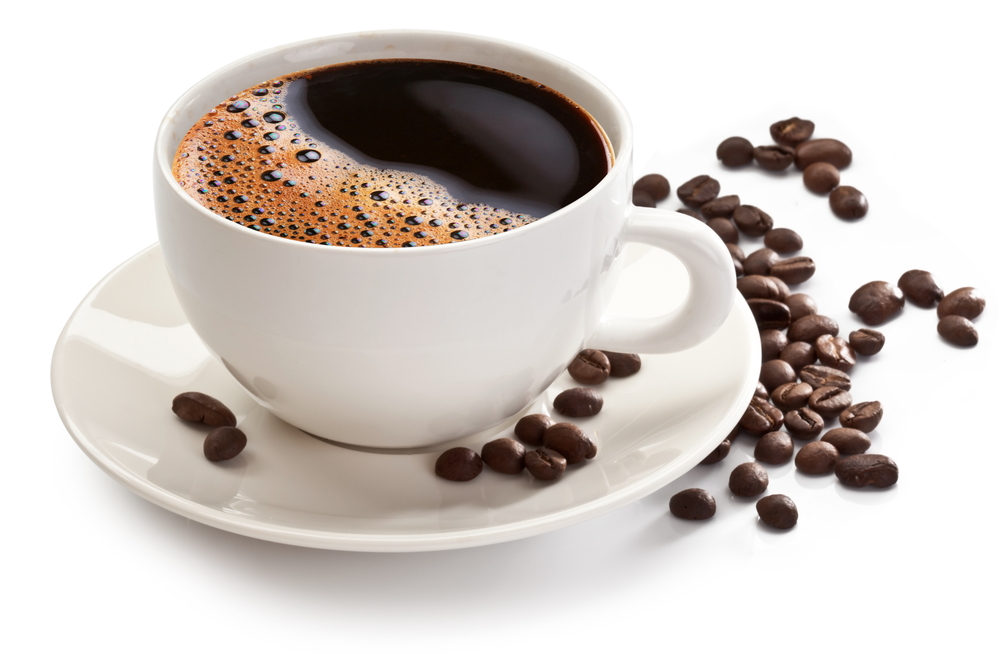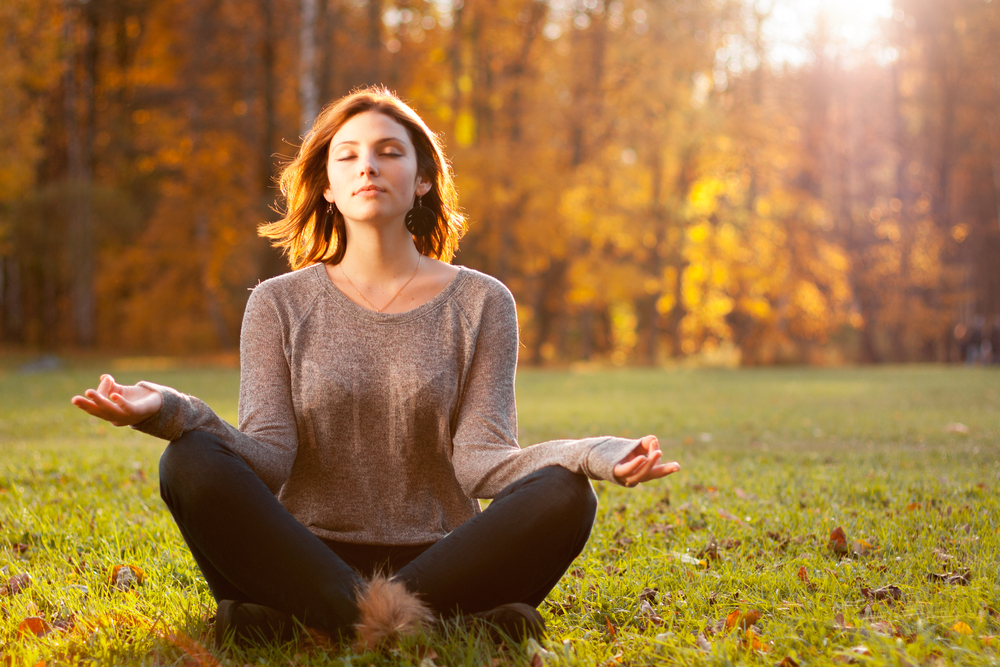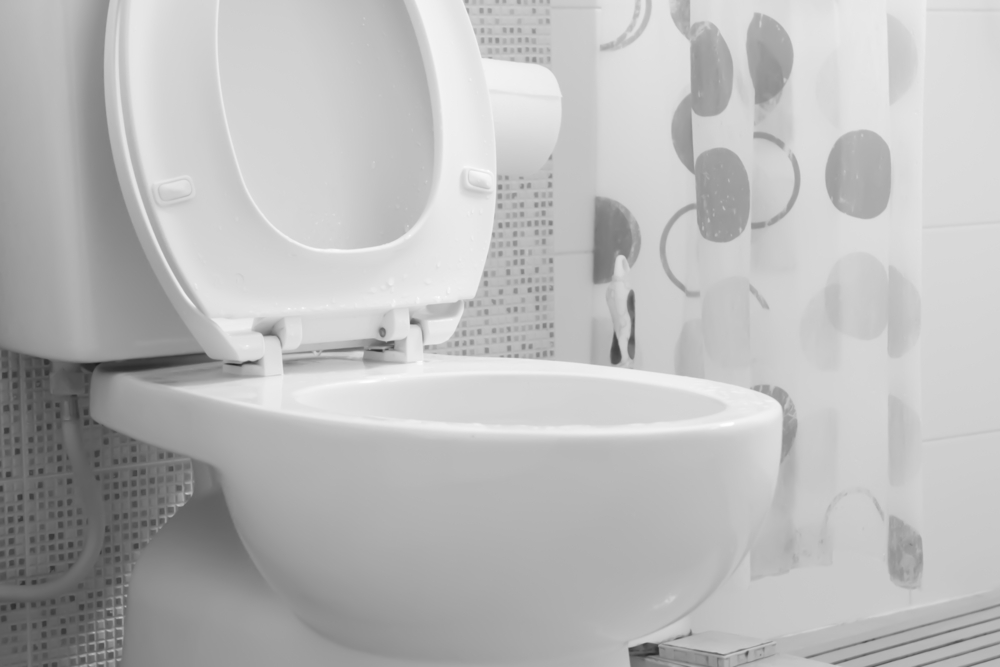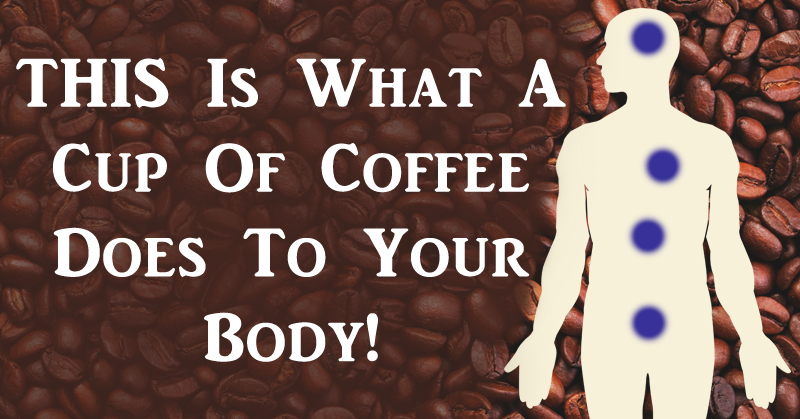Most of us don’t really think too deeply about how coffee works. We know it makes us feel better, and so we tend to chalk it up to “some groovy brain process.” But while your cup o’ joe certainly does have a massive impact on your brain, there’s a lot more to it than that. In fact, a cup of coffee causes effects that ripple through your entire body.
Intrigued? Of course you are – this is coffee we’re talking about! Read on for a rundown of what happens in your body from 10 minutes to 6 hours after drinking coffee.
What happens to your body on a cup of coffee?
10 Minutes

Just ten minutes after your first sip, caffeine begins to enter your bloodstream. This causes a spike in heart rate, blood pressure and energy. Interestingly enough, researchers at the University of Barcelona found that this effect is most pronounced in men.
20 Minutes
At 20 minutes, caffeine begins to affect your adenosine levels. Adenosine is a neurotransmitter that tells your body it’s time for bed. Caffeine – which is structurally quite similar to adenosine – binds to the brain’s adenosine receptors and shuts them off.
This allows your brain’s stimulants, dopamine and glutamate, to do their work, which is why you begin to feel upbeat at the 20 minute mark.
30 Minutes

At this point, your body begins producing more adrenaline in response to the caffeine. Adrenaline further increases your energy production. It also dilates your air passages and increases blood flow to the muscles. Thus, your physical performance sees a major boost around the 30 minute mark.
40 Minutes
40 minutes after your first sip, you should begin to notice that your mood becomes enhanced. This is because the caffeine is beginning to increase your brain’s sensitivity to serotonin – the neurotransmitter responsible for mood regulation.
This is actually quite similar to the way modern antidepressants work, only coffee functions on a much more temporary basis.
60 Minutes

According to Dr. Owen Bain, an hour after drinking coffee you should notice a significant reduction in anxiety levels. Consequentially, your feelings of contentment should increase. This is because the caffeine is now further increasing your dopamine levels.
3 Hours
At this point, caffeine’s effect on your energy begins to diminish. You may begin to notice a crash. According to Dr. Baine, “this is because the caffeine in coffee doesn’t actually make you more energetic, it just makes you less able to feel that you’re tired.”
Unless you’re well-rested, the three-hour mark is when your body will say ‘Oh yeah, I’m actually tired.’
6 Hours

At this point, your brain has largely forgotten about that cup of Joe. Your body hasn’t, though. At the 6 hour mark, caffeine begins to function as a diuretic. Diuretics encourage the formation of urine in your kidneys, helping your body get rid of toxins.
Take care to replace the water your body is expelling. This will prevent you from getting dehydrated.
When you enjoy your morning brew, start with a good quality coffee to avoid acidic damage caused by cheaper varieties. And when you drink it is important, too!
And there you have it! That’s what a cup of coffee does to your body. Were you surprised to learn how much of an impact this beverage has? Share your thoughts in the comments!
Sources:
Medscape.com
Telegraph.co.uk
Journal of Neuroscience
Yahoo Lifestyle
Live Strong
MentalFloss.com
National Library of Medicine
Mayo Clinic
PrecisionNutrition.com
The Daily Mail


